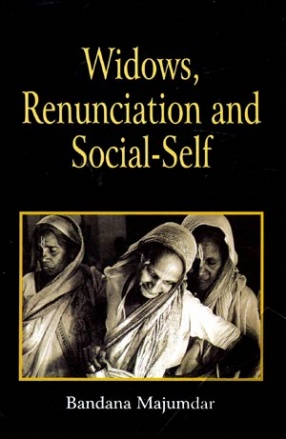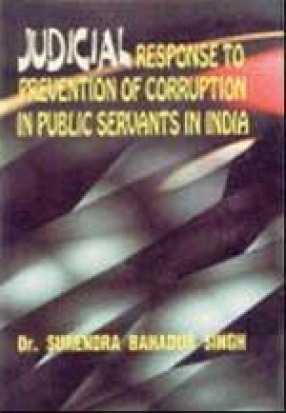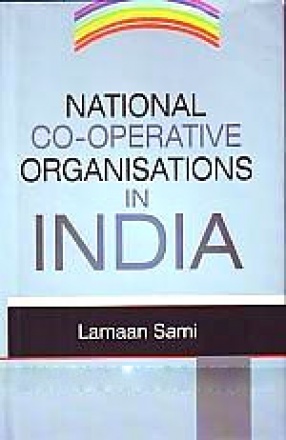The present book comprehensively analyses the multiple forms of both material and emotional deprivation, forced or compulsive renunciation, and formation of social-self among the Bengali widows living in Varanasi city. It questions the exclusivity of renunciation or asceticism particularly for men, prescribed by the Hindu Dharmshastras and situates it in the domain of women also who have all along remained subordinated to men, though the unique tradition of Kashivas (the elderly persons inhabiting temporarily in hope of pious death in Kashi or Varanasi) puts both men and women on equal footings. Being subjected to perennial humiliation, neglect and exploitation, the widows need the minimum social security for their material survival. The book adequately elucidates the breakdown of the state machinery and civil society in fulfilling their bare material needs and reinstating social dignity and self respect in them which, in turn, could have initiated and accelerated the formation of social-self among them. Hence, it suggests certain ways and means to be adopted by the state civil society organizations and the people as a whole to change their mind-set and reorient the widows for becoming active role performers rather than remaining the silent beneficiaries of the doles of others.
Judicial Response to Prevention of Corruption in Public Servants in India
The monograph is designed to ...
$19.00
$20.00





There are no reviews yet.